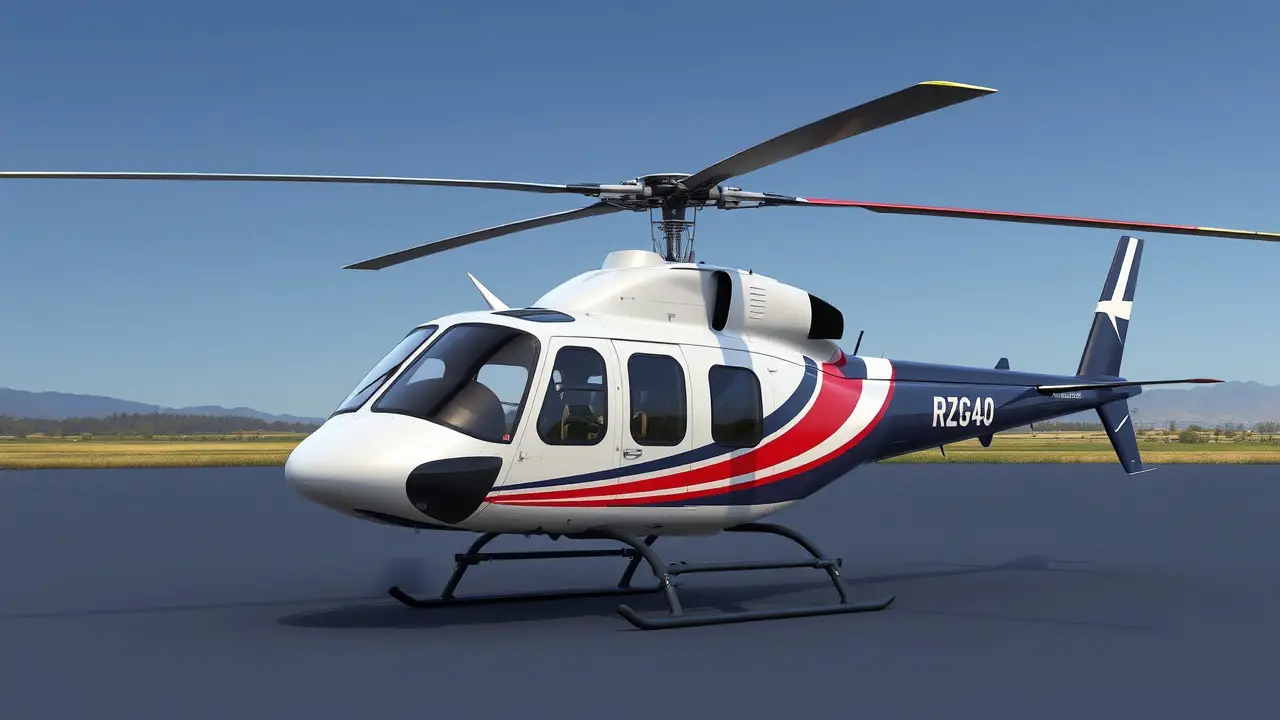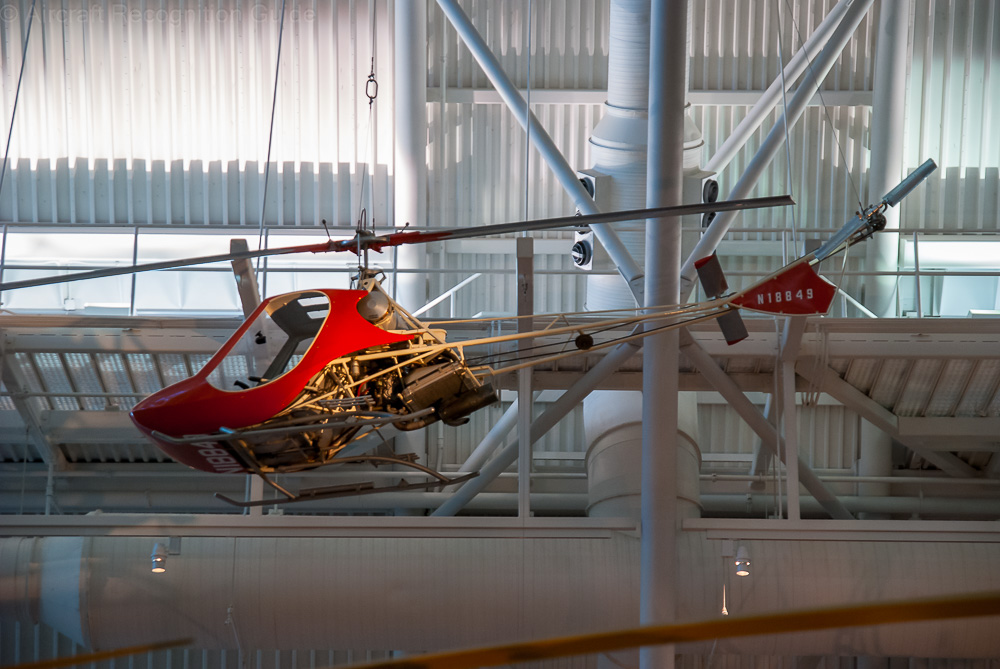Robinson R44 Helicopter Training. When I first embarked on my journey into the world of aviation, the Robinson R44 helicopter quickly captured my attention. Known for its versatility and reliability, the R44 has become a popular choice among both private pilots and commercial operators.
Contents
My training in this remarkable aircraft was not just about learning to fly; it was an immersive experience that combined technical knowledge with hands-on practice.
From the moment I stepped into the cockpit, I knew I was about to embark on a transformative journey that would shape my skills and understanding of helicopter aviation. The training process for the R44 is comprehensive, designed to equip aspiring pilots with the necessary skills to operate this sophisticated machine safely and effectively. It encompasses a variety of elements, including ground school instruction, simulator training, and actual flight time.
Each component plays a crucial role in building a solid foundation for future flying endeavors. As I delved deeper into the intricacies of the R44, I realized that mastering this helicopter would open up a world of possibilities in my aviation career.
When I first embarked on my journey into the world of aviation, the Robinson R44 helicopter quickly captured my attention. Known for its versatility and reliability, the R44 has become a popular choice among both private pilots and commercial operators. My training in this remarkable aircraft was not just about learning to fly; it was an immersive experience that combined technical knowledge with hands-on practice.
From the moment I stepped into the cockpit, I knew I was about to embark on a transformative journey that would shape my skills and understanding of helicopter aviation. The training process for the R44 is comprehensive, designed to equip aspiring pilots with the necessary skills to operate this sophisticated machine safely and effectively. It encompasses a variety of elements, including ground school instruction, simulator training, and actual flight time.
Each component plays a crucial role in building a solid foundation for future flying endeavors. As I delved deeper into the intricacies of the R44, I realized that mastering this helicopter would open up a world of possibilities in my aviation career.

The Importance of Proper R44 Helicopter Training
Proper training in the Robinson R44 is paramount for several reasons. First and foremost, flying a helicopter is inherently more complex than operating a fixed-wing aircraft. The R44, with its unique rotor system and flight dynamics, requires a specific skill set that can only be developed through rigorous training.
I quickly learned that understanding the mechanics of the helicopter, as well as its operational limits, is essential for ensuring both my safety and that of my passengers. Moreover, the importance of proper training extends beyond just technical skills. It fosters a mindset of safety and responsibility that is crucial in aviation.
During my training, I was constantly reminded of the need for situational awareness and decision-making under pressure. These lessons were not merely theoretical; they were reinforced through real-life scenarios and simulations that prepared me for the challenges I might face as a pilot. The emphasis on safety and preparedness has stayed with me long after completing my training.

Choosing the Right Training Program for Robinson R44 Helicopters
Selecting the right training program for Robinson R44 helicopters is a critical step in any aspiring pilot’s journey. With numerous flight schools offering various curricula, it can be overwhelming to determine which program best suits one’s needs. I found that researching different schools and their instructors was essential in making an informed decision.
Factors such as instructor experience, fleet condition, and student-to-instructor ratios played a significant role in my choice. Additionally, I sought programs that offered a blend of ground school and practical flight experience. The ideal training program should not only focus on flying techniques but also provide comprehensive knowledge about helicopter systems, regulations, and emergency procedures.
After careful consideration, I enrolled in a program that emphasized hands-on learning and had a strong reputation within the aviation community. This decision proved invaluable as it laid the groundwork for my future success as a pilot. For more information, visit Global Air.

The Benefits of Robinson R44 Helicopter Training
The benefits of undergoing Robinson R44 helicopter training are manifold. For starters, obtaining proficiency in this aircraft opens up numerous opportunities within the aviation industry. Whether one aspires to become a commercial pilot, flight instructor, or even pursue aerial photography or tourism, the R44 serves as an excellent platform for various career paths.
My training not only equipped me with flying skills but also provided me with insights into different aviation sectors where I could apply my expertise. Furthermore, the experience gained during R44 training extends beyond mere technical abilities. It fosters personal growth and confidence in one’s capabilities.
As I progressed through my training, I found myself developing better problem-solving skills and an enhanced ability to remain calm under pressure. These attributes are invaluable not only in aviation but also in everyday life. The sense of accomplishment that comes from mastering such a complex machine is truly rewarding and has instilled in me a lifelong passion for flying.

Advanced Techniques and Skills Taught in R44 Helicopter Training
As I advanced through my Robinson R44 training, I was introduced to a range of advanced techniques and skills that further refined my piloting abilities. One of the most significant aspects was learning about autorotation—a critical emergency procedure that allows a pilot to land safely in the event of engine failure. Understanding the principles behind this maneuver and practicing it repeatedly gave me confidence in my ability to handle emergencies should they arise.
Additionally, my training included advanced navigation techniques and flight planning strategies tailored specifically for helicopters. Unlike fixed-wing aircraft, helicopters have unique flight characteristics that require pilots to be adept at low-level flying and navigating through varied terrain. I learned how to read topographical maps effectively and utilize GPS technology to enhance my situational awareness during flights.
These advanced skills not only improved my flying proficiency but also prepared me for real-world scenarios where quick thinking and adaptability are essential.

Safety Considerations in Robinson R44 Helicopter Training
Safety is an integral part of any aviation training program, and my experience with Robinson R44 helicopter training was no exception. From day one, instructors emphasized the importance of adhering to safety protocols and conducting thorough pre-flight checks. I quickly learned that every flight begins long before entering the cockpit; it involves meticulous planning and preparation to ensure all safety measures are in place.
Throughout my training, we engaged in discussions about risk management and decision-making processes during flight operations. Understanding how to assess potential hazards and make informed choices is crucial for any pilot. My instructors instilled in me a culture of safety that has remained with me throughout my flying career.
This focus on safety not only protects pilots but also ensures the well-being of passengers and those on the ground.

Career Opportunities After Completing R44 Helicopter Training
Completing Robinson R44 helicopter training opens up a plethora of career opportunities within the aviation industry. For many pilots like myself, obtaining an R44 rating can serve as a stepping stone toward more advanced certifications or specialized roles. Whether one aims to work in emergency medical services, law enforcement, or tourism, the versatility of the R44 makes it an attractive option for employers seeking skilled pilots.
In my case, completing R44 training allowed me to explore various avenues within aviation that I had previously not considered. The skills I acquired made me a competitive candidate for positions that required proficiency in helicopters. Additionally, many flight schools offer job placement assistance or connections within the industry, further enhancing career prospects for graduates.
As I reflect on my journey, I am grateful for the opportunities that have arisen from my training and excited about what lies ahead in my aviation career.





Leave a Reply